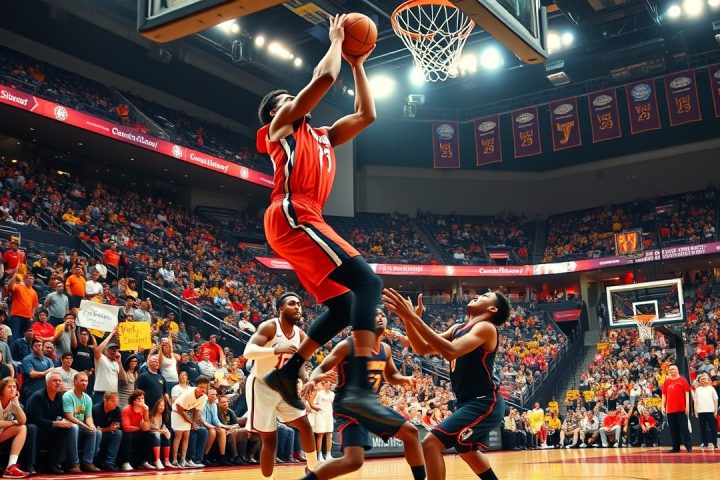Historic Transfer Fees in Football
Trevor Francis made history in 1979 as the first footballer in Great Britain to command a transfer fee exceeding one million pounds. However, his new club’s manager, the legendary Brian Clough, chose to downplay this momentous occasion. While Nottingham Forest paid Birmingham City the actual amount of £1.18 million, Clough and then-Birmingham manager Jim Smith opted to announce the fee as £999,999. This maneuver was meant to manage both Francis’ ego and the immense expectations tied to such a significant transfer, shielding him from the pressure that often accompanies a high-profile move.
Recent Trends in Transfer Fees
Fast forward to today and the trend of downplaying transfer fees continues. Players like Florian Wirtz, who could become Britain’s costliest footballer, are at the forefront of this practice. Wirtz’s transfer from Bayer Leverkusen to Liverpool is set at a guaranteed fee of £100 million, which, when potential add-ons of £16 million are taken into account, could elevate the total to a record-breaking amount. Luckily for Wirtz, his club’s approach might help him ease into the demands of playing for one of Britain’s top clubs without facing the heightened scrutiny that can accompany such a hefty price tag.
Moises Caicedo, who joined Chelsea last year for £115 million, spoke candidly about the mental toll of being a record signing. He shared that the burden of expectation can weigh heavily, especially when each performance is constantly analyzed through the lens of one’s price. The experiences of Caicedo echo sentiments expressed previously by other high-profile players, such as Rio Ferdinand, who, after his £29 million transfer to Manchester United in 2002, acknowledged the immense pressure that comes with being the most expensive player; it follows them everywhere and colors every interaction.
The Evolution of Transfer Fees
The evolution of transfer fees in English football is stark—rising from Stan Collymore’s £8.5 million move to Liverpool in 1995 to the current landscape where fees have skyrocketed beyond £100 million. Collymore himself expressed concerns about excessive fanfare accompanying player signings, which can exacerbate the pressure to perform.
Wirtz joins Liverpool in a far more favorable context; while Collymore arrived at a club desperate for a title, Liverpool is fresh off a recent championship win. Nonetheless, former players like Collymore urge Liverpool’s management to keep the hype around Wirtz in check, suggesting a low-key introduction to help him settle in without the burden of overwhelming expectations.
Player Perspectives on Expectations
Alan Shearer, who became the first player to command a £15 million fee when he returned to Newcastle United from Blackburn, claims he never allowed the hefty price tag to burden him, viewing it as a sign of trust and opportunity rather than pressure. Such contrasting attitudes illustrate that mental fortitude plays a pivotal role in how players handle their costly transfers.
As Wirtz prepares for potentially becoming Liverpool’s new record signing, the prevailing narrative suggests that the club aims to support him in managing expectations, refraining from excessive celebration of the transfer fee. If history serves as a guide, the psychological impact of hefty transfer fees is real, and how clubs communicate and manage these transfers may significantly influence the player’s success or struggle in adapting to their new environment.




